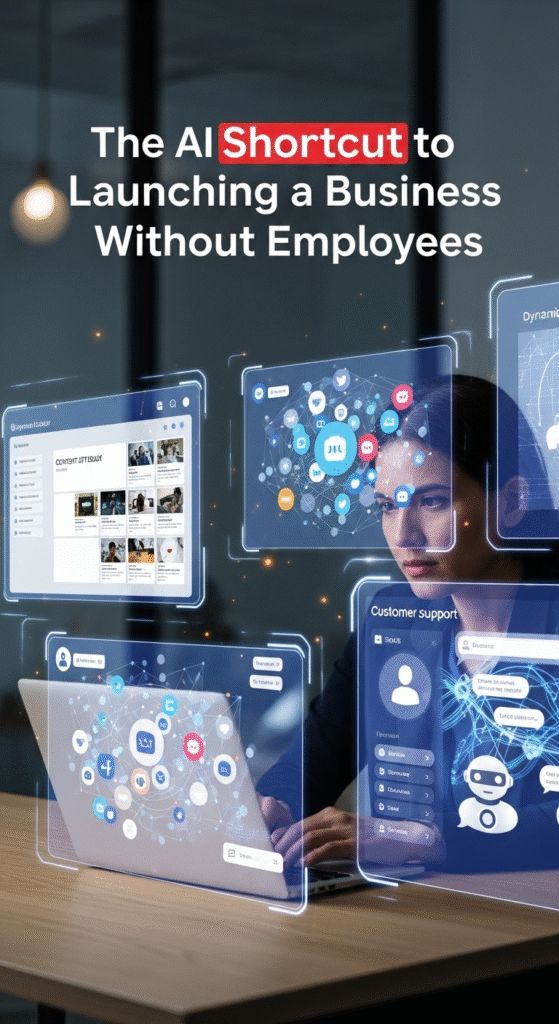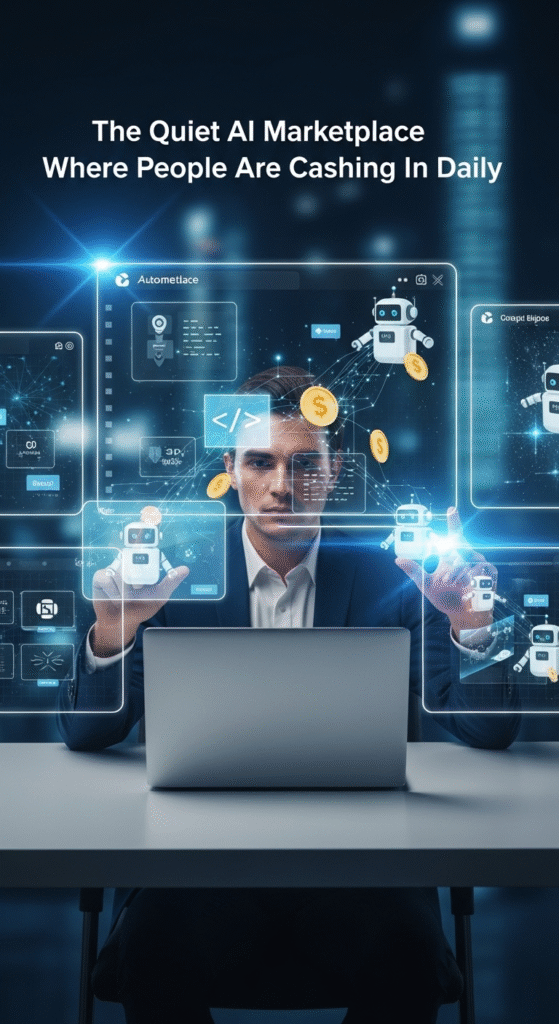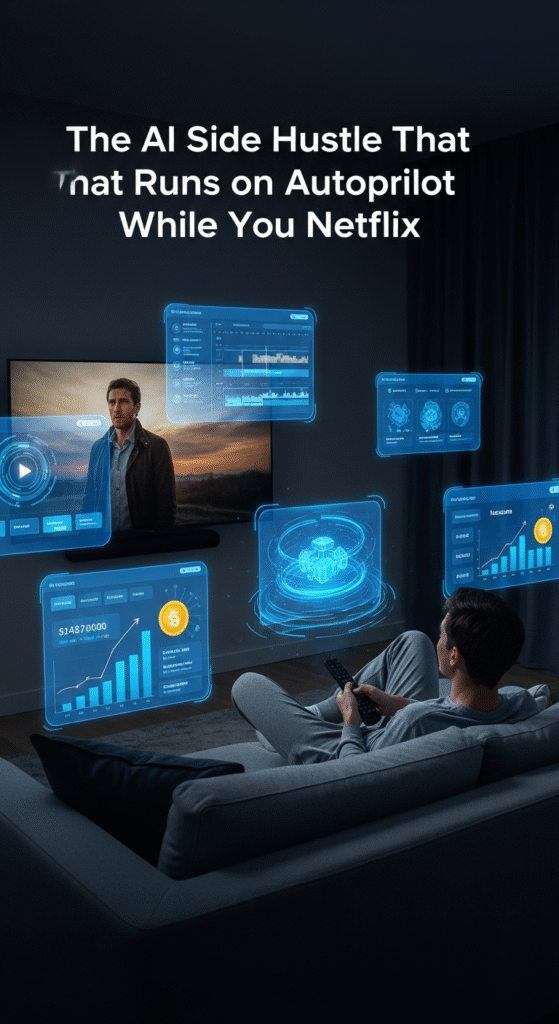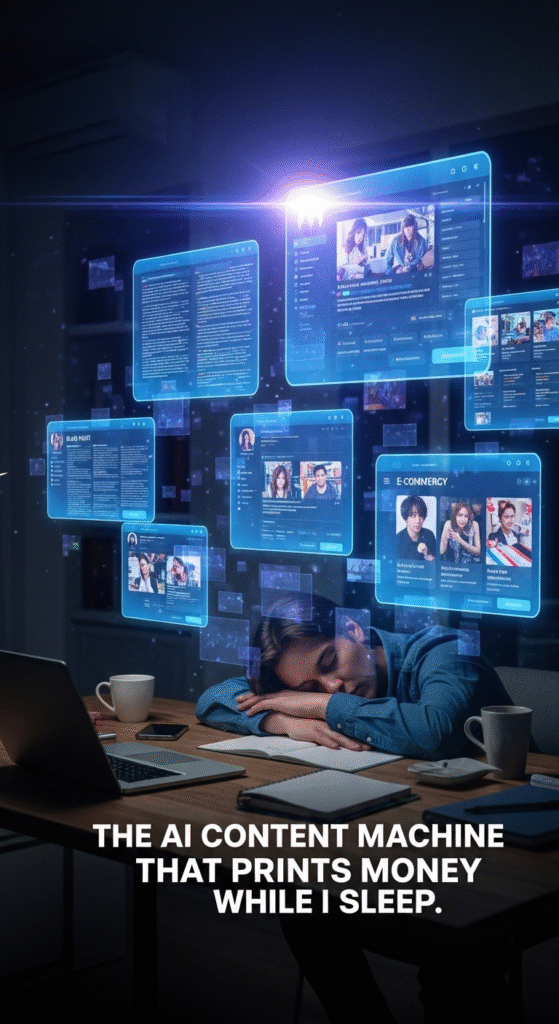Think your antivirus is enough to keep hackers away? Think again. Hackers today don’t always attack your files—they attack your connection. Here’s the hidden weakness antivirus software can’t protect you from, and the simple step that closes the gap in your defenses.
Hackers Don’t Care About Your Antivirus: The Hidden Threat They Exploit Instead
For decades, antivirus software has been the frontline defense against online threats. It scans files, detects viruses, and blocks malware. Millions of people rely on it.
But here’s the uncomfortable truth: hackers in 2025 don’t care about your antivirus. Why? Because most of their attacks don’t even target your files—they target your internet traffic. And that’s where antivirus software is blind.
The Myth of Complete Protection
Antivirus is great at spotting known malware, but it can’t:
- Stop hackers from spying on your browsing activity.
- Protect you on unsecured Wi-Fi.
- Hide your identity and location.
- Block companies and governments from tracking you.
It’s like locking your house but leaving your windows wide open.
The New Hacker Playbook
Today’s hackers focus less on “infecting” your device and more on intercepting your data as it travels online. Their favorite methods include:
- Public Wi-Fi eavesdropping – Stealing passwords and messages.
- Packet sniffing – Capturing everything you send and receive.
- DNS hijacking – Redirecting you to fake sites.
- ISP surveillance – Your provider legally logs your browsing activity.
Antivirus doesn’t see these threats because nothing is being “installed” on your machine.
Real-Life Examples
- A café Wi-Fi attack in London led to dozens of stolen online banking logins—antivirus software didn’t detect a thing.
- College students connected to campus Wi-Fi only to find their emails harvested by hackers. Again, antivirus stayed silent.
- Even businesses with “enterprise-level antivirus” have fallen victim to man-in-the-middle attacks on employee laptops.
Hackers don’t need malware when they can simply grab your unencrypted traffic.
The Blind Spot: Internet Traffic
Antivirus looks inward—at your device.
Hackers look outward—at your connection.
That’s the gap. And that’s why millions of people who think they’re “protected” are still exposed.
The Solution: Encrypt the Connection
If antivirus guards your house, a VPN builds a tunnel that hides your comings and goings.
When you use a VPN:
- Your internet traffic is encrypted end-to-end.
- Hackers on public Wi-Fi see nothing but scrambled code.
- ISPs can’t log or sell your browsing history.
- Even if someone intercepts your data, it’s unreadable.
Antivirus + VPN = complete protection: one shields your files, the other shields your connection.
Antivirus Alone vs. Antivirus + VPN
- Antivirus only: Protects against malware, but leaves your browsing exposed.
- VPN only: Protects your traffic, but not your local files.
- Both together: A full security suite hackers hate.
Everyday Scenarios Where Antivirus Fails (But VPN Doesn’t)
- At the airport, hackers intercept your Netflix login—not detected by antivirus. A VPN blocks it.
- On hotel Wi-Fi, your business emails are spied on. Antivirus doesn’t notice. A VPN encrypts them.
- At home, your ISP tracks your browsing for ads. Antivirus is blind. A VPN hides it.
The pattern is clear: antivirus guards the door, but hackers come in through the window.
Why Hackers Love People Who Rely Only on Antivirus
Because they know those people feel “safe” and let their guard down. They bank, shop, and work on unsecured networks, all while thinking antivirus has them covered.
It doesn’t.
Final Word: Don’t Be a Half-Safe Target
Antivirus is still important—it blocks viruses and malware. But hackers today exploit what antivirus can’t see: your live internet traffic.
That’s why, in 2025, real security means pairing your antivirus with a VPN. One protects your device. The other protects your connection.
Because hackers don’t care how strong your walls are—if your windows are wide open.
🔒 Ready to protect your online life?
We recommend NordVPN — fast, no-logs, and beginner-friendly.
👉 Try it risk-free with a 30-day money-back guarantee.









